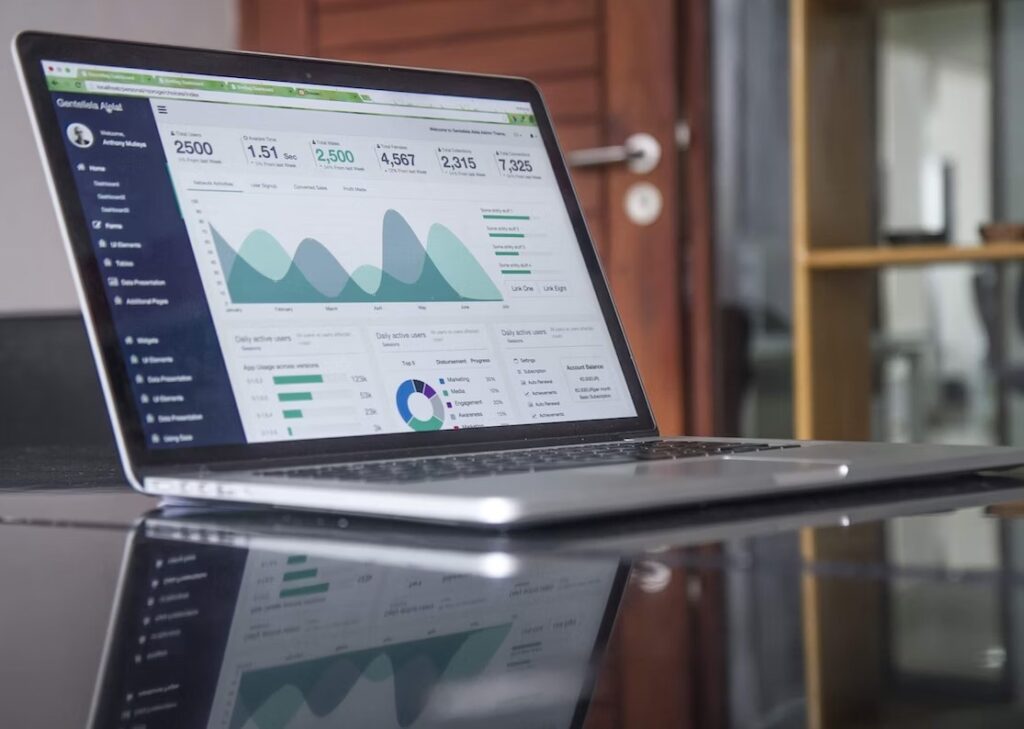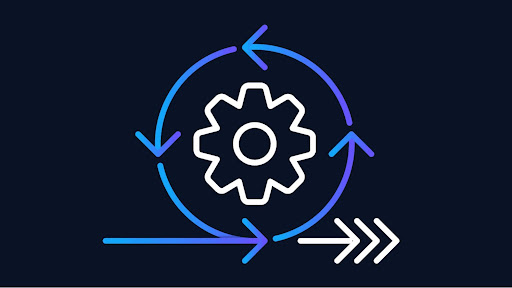Web Scraping Block-Free: DIY or Outsourced Solution?

Extracting information from websites has significant advantages for individuals doing research and companies wanting to investigate their competition, gather market insights, look into current trends, extract a massive number of product reviews at once, make better business decisions, etc. However, the practice is often restricted by multiple barriers.
Fortunately, bypassing these countermeasures isn’t impossible, and numerous solutions make web scraping attainable, even for individuals not looking to blow the budget.
However, the existence of these two types of web-scraping solutions also raises the question of whether outsourcing web-scraping tools or services is better than creating a DIY solution.
Why is Obtaining Data Challenging?
In their quest to protect data, websites implement barriers that impact data collection. These anti-scraping measures make life difficult for individuals scraping for research purposes and companies looking to understand current market trends.
Web scrapers must overcome these barriers, often including countermeasures like CAPTCHA tests, geo-blocks, IP bans, etc. However, although they’re pretty frustrating, they’re not all-powerful. Such walls can quickly be scaled with the help of proxy servers and a solution like Web Unblocker.
Web Scraping Basics
In essence, web scraping involves using bots and automated scripts, which collect various data types around the internet. These bots visit the website, analyze the code, and extract data the user wants, such as text, images, videos, prices, reviews, etc.
Such tools allow individuals and users to research the market, learn more about competitors, investigate current trends, and make better decisions that impact their social media pages, online stores, and other businesses.
Types of Anti-Scraping Measures
Although websites usually rely on a few countermeasures to stop web scraping, numerous blocks exist. The most well-known measures include the following:
● Bot Detection Tools – Many websites use third-party services that can identify machine-based traffic from genuine users.
● CAPTCHAs – If you’ve ever had to click on images of traffic lights, bicycles, fire hydrants, or buses, you’ve dealt with CAPTCHAs. They’re meant to tell humans and computers apart.
● Geo-Restrictions – Some websites restrict content based on your geographical location, typical for streaming platforms and local businesses.
● IP Bans – Once a website suspects that a particular IP address is connected to web scraping activities, it’ll ban said IP from visiting again.
● Dynamic Content – Using JavaScript lets website owners create dynamic pages that require a browser to load specific information. Usually, using headless browsers is the best way to overcome these restrictions when scraping.
Other measures include honeypot traps, session monitoring, rate limiting, user-agent detection, and other ways.
Overcoming Restrictions with An In-House Solution
Obtaining valuable data requires that individuals and companies needing it mask their traces and create the illusion of a genuine user browsing the web. Web scrapers rely on in-house, complex but customizable proxy servers, which mask the user’s IP address, providing anonymity and making data scraping possible.
However, websites with advanced countermeasures require more than that. Collecting data from these involves using rotating proxies to prevent IP bans, CAPTCHA solvers, headless browsers, advanced JavaScript rendering techniques to scrape data from JavaScript-heavy websites, etc. It also requires constant scraping infrastructure monitoring to retry failed attempts and ensure proper data is collected.
Most web scrapers use automated scripts that make data gathering more accessible and adjustable to users’ needs. For example, a company might only want to collect prices or reviews, while other data types are useless.
That’s where web scraping libraries and automated tools come in. These include solutions like BeautifulSoup, Scrapy, Selenium, Playwright, Requests, and other scraping libraries that make life easier.
Outsourcing Web Scraping Tools
Although quite powerful, in-house web scraping solutions aren’t beginner-friendly, requiring complex setups and constant monitoring of the entire infrastructure to ensure the correct data is scraped.
However, ready-made solutions are a much better option for most individuals and companies looking to obtain data.
Whether we’re talking about scraping-dedicated proxy servers, proxy-ike tools like the Web Unblocker, or entirely automated web scraping bots, they bring multiple advantages to the table compared to in-house solutions:
● Easier to Set Up – Such tools require minimal configuration and are quicker to set up.
● Use Machine Learning – The ready-made tools often rely on AI and ML to test different scraping techniques and automatically find the best solution for each website.
● Have an Auto-Retry Feature – Failed scraping tasks are automatically retried with different settings.
● Can Automatically Bypass CAPTCHAs – A good web scraping tool won’t trigger a CAPTCHA or will auto-retry using another IP to overcome the CAPTCHA.
● Adaptable to JavaScript-heavy Websites – These tools can configure browser settings and use headless browsers to scrape data from even the most complex websites.
Conclusion
As data scraping is inevitable in today’s business realm, companies must rely on web scraping solutions to gain a competitive edge. They’re faced with a decision – either create a powerful, complex, and adjustable web-scraping tool in-house or take the outsourcing route and get a ready-made service.
Both solutions are excellent at bypassing numerous anti-scraping measures websites have in place, but looking into their strengths and weaknesses will allow you to choose the best tool for your scraping needs.

 Stars-923: Unveiling the Mystical Cosmos
Stars-923: Unveiling the Mystical Cosmos  Buying Guide for Short-Throw 4K Projectors for Gaming
Buying Guide for Short-Throw 4K Projectors for Gaming  5 Best Wireless Apple CarPlay Adapters in 2024
5 Best Wireless Apple CarPlay Adapters in 2024  The Essential Role of Animated Explainer Videos in Tech Documentation
The Essential Role of Animated Explainer Videos in Tech Documentation  How Do You Apply Agile Testing Principles And Practices Across Different Domains And Contexts?
How Do You Apply Agile Testing Principles And Practices Across Different Domains And Contexts?  What Are The Benefits And Challenges Of Using Mock Objects In TDD?
What Are The Benefits And Challenges Of Using Mock Objects In TDD?